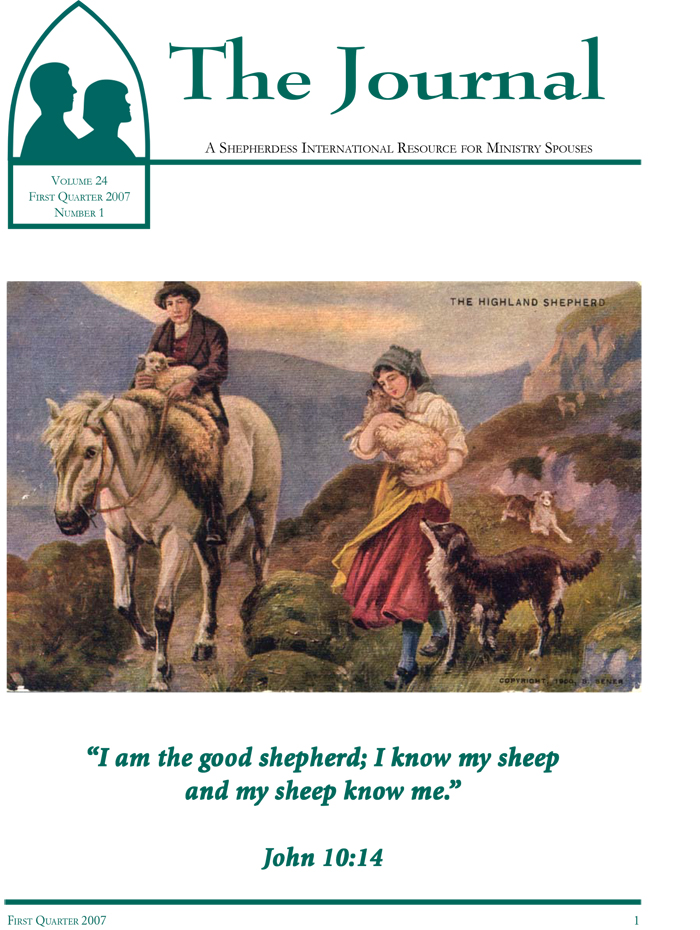Several years ago the Adventist Review published an editorial entitled, “Shooting Our Wounded.” It was a thought-provoking essay on the way we often treat fellow soldiers of the cross.
We are all “wounded soldiers”—wounded by the instigator of all hurts, sorrows, and tragedies, by sin in every form. Charles Swindoll writes, “We’re the only outfit I know that shoots its wounded, all too often becoming the most severe, condemning, judgmental, guilt-giving people on the face of Planet Earth.” Let me illustrate.
It happened in one of our churches on a sunny Sabbath day a few years ago. A young man was attending services with his dedicated and devoted parents. As the organ was playing a heavenly harmony, two “sisters” sitting directly behind the young man began whispering, but not quietly enough. It seems they were disturbed by the long hair and the lack of traditional garb the young man was wearing. With much emphasis and a “holy contempt,” they remarked, “Why on earth would a person come to church looking like that?”
Now it so happened that despite his long hair and casual attire, his hearing was quite keen, whereas he turned around and informed them that he couldn’t help but overhear their remarks. He went on to say, “I can assure you, you will never have to endure such unpleasantness in the future because I won’t be coming back to this church again ever.”
Another young man in another place, visiting his home church after years of absence, was happily flanked by two parents thrilled to have their son with them. He was greeted at the door by name, followed by, “It’s about time the black sheep returns to the fold.” I think you can guess what happened in that case too.
In Christ’s Object Lessons, page 226, Ellen White says, “Christ longs to have careworn, weary, oppressed human beings come to Him.”
Our church should be a place where those with a physical or spiritual challenge find genuine acceptance, a place where the poor and the out-of-work are given their due recognition and human dignity.
We as soldiers of the cross should look beyond the surface appearance. We must never put tabs and labels on people based on the cut of their suit or the style of their dress. We are to give ourselves to others. The church should be a place of loving, accepting fellowship.
In this sin-sick world, there is one ailment that antibiotics will unfortunately never stamp out, and that is a premature formation of opinion. The God who put the rainbow in the sky also put on Earth a rainbow of colors, cultural backgrounds, and ethnic persuasions. We must practice unconditional love.
There is an oft-repeated but oh-so-true statement: “The church is not just a sanctuary for saints but a hospital for sinners.”
How people need Christ-like love and understanding! An old Chinese proverb states, “Be not disturbed at being misunderstood; be disturbed rather at not being understanding.”
In a world that idolizes the beautiful, the wealthy, and the famous and often scorns those less gifted or fortunate, we are to cast none aside, and we must in practice be a community of belonging.
For Christ’s sake, we are to love the unloved and the loveless and help them grow into the divine likeness.
As we think about our family, our church, and our community, let us be inspired and encouraged to never wound but to “judge gently.”
“Pray don’t find fault with the man who limps
Or stumbles along the road,
Unless you have worn the shoes he wears
Or struggled beneath his load.
There may be tacks in his shoes that hurt,
Tho’ hidden away from view,
Or the burden he bears placed on your back
Might cause you to stumble, too.
Don’t sneer at the man who’s down today
Unless you have felt the blow
That caused his fall or felt the shame
That only the fallen know.
You may be strong, but still the blows
That were his, if dealt to you
In the selfsame way at the selfsame time
Might cause you to stagger, too.
Don’t be too harsh with the man that sins,
Or pelt him with word or stone,
Unless you are sure--yea, doubly sure--
That you have no sins of your own.
For you know perhaps if the tempter’s voice
Should whisper as soft to you
As it did to him when he went astray,
It might cause you to falter, too.”
—Selected
